Sprinkler Winterization Services
Proper lawn sprinkler maintenance and winterization are essential to protect irrigation systems from damage caused by freezing temperatures. Ensuring the system is correctly prepared for winter helps prevent costly repairs and maintains optimal performance for the next season.
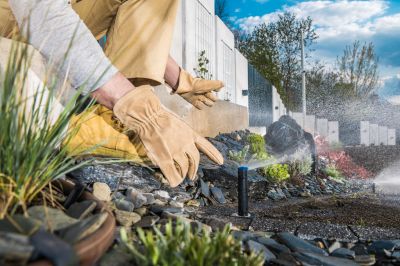
A sprinkler system prepared for winterization, showing pipes and valves covered for protection.
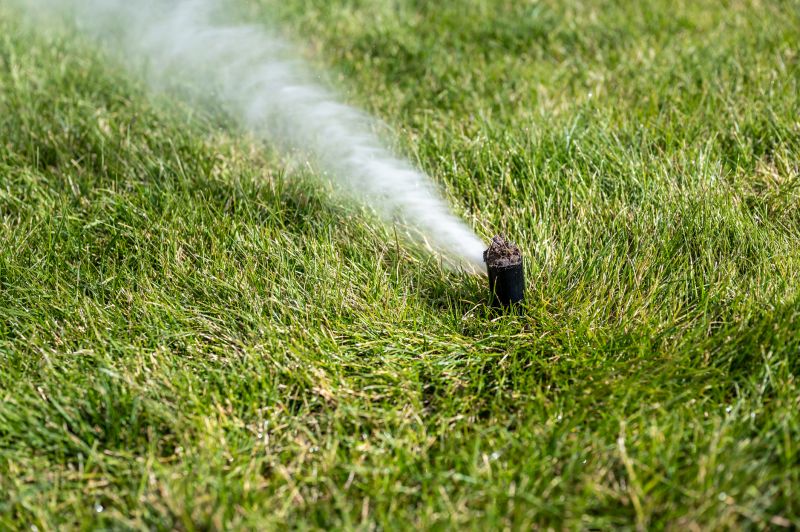
Close-up of winterized sprinkler heads and insulated pipes.
The best time to have a sprinkler system winterized is before the first hard freeze, typically in late fall, to prevent water from freezing inside pipes.
Failure to properly winterize can lead to burst pipes, damaged valves, and costly repairs in the spring.
Professional winterization ensures thorough removal of water from the system and reduces the risk of damage, unlike do-it-yourself methods which may miss hidden areas.
The process involves draining or blowing out water from pipes, inspecting components, and insulating vulnerable parts to prevent freezing.
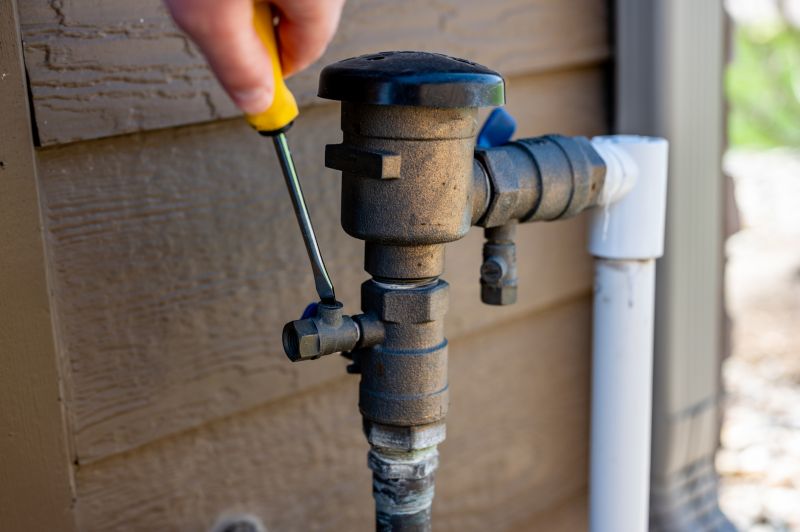
Technician using an air compressor to clear water from sprinkler pipes.
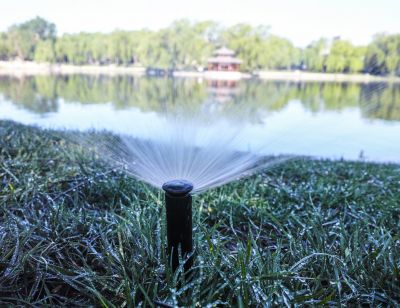
Insulation being applied to protect sprinkler heads during winter.
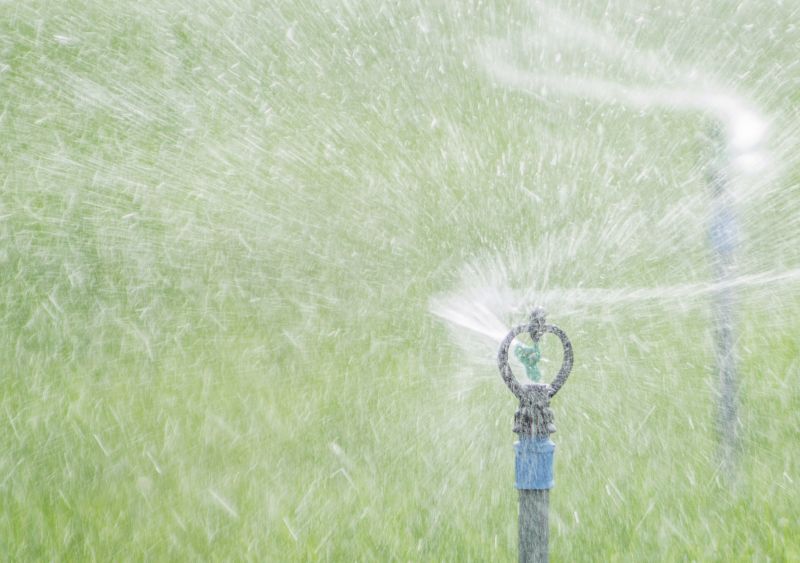
A professional inspecting sprinkler system components for winter readiness.
| Aspect | Details |
|---|---|
| Best Time for Winterization | Before the first hard freeze in late fall |
| Potential Dangers of Not Winterizing | Burst pipes, valve damage, costly repairs |
| Professional Service Benefits | Thorough water removal, system inspection, reduced risk |
| Common Methods Used | Blowing out with compressed air, draining, insulating |
| Signs System Needs Winterization | Unusual noises, leaks, or system not functioning properly |
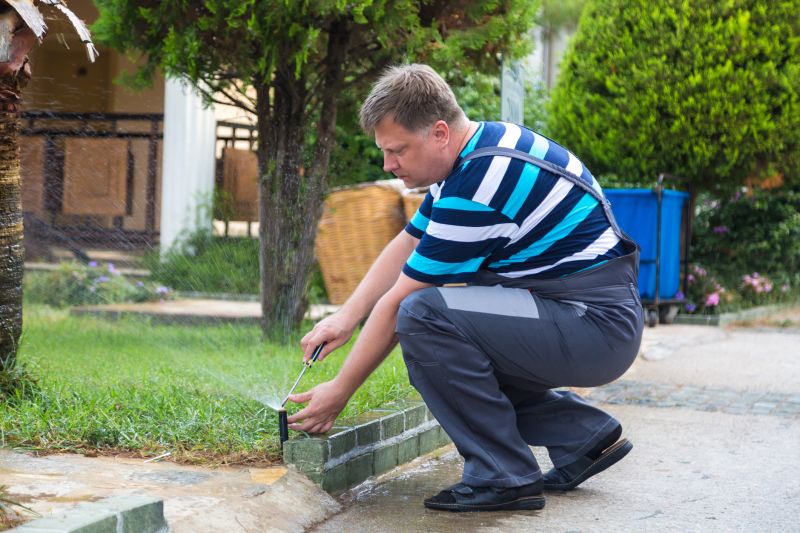
Technician inspecting sprinkler heads and valves for winter readiness.
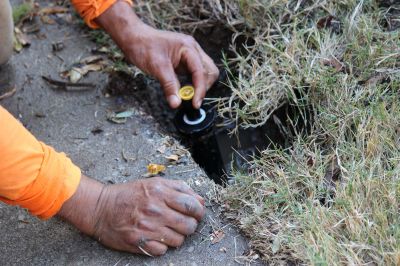
Air compressor used to blow out water from sprinkler lines.
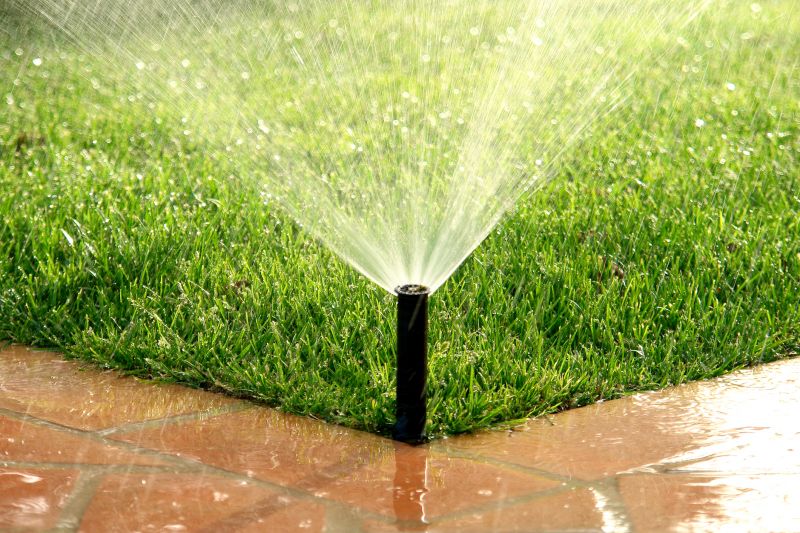
Installing insulation around vulnerable sprinkler components.
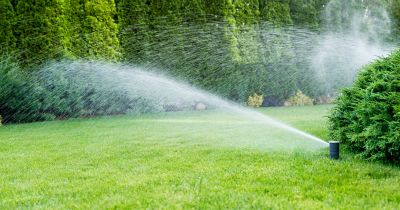
Final inspection to ensure system is properly winterized.
Filling out a contact form can provide a tailored quote for sprinkler winterization services. Proper winterization ensures the longevity and performance of an irrigation system, preventing damage and reducing future repair costs.


